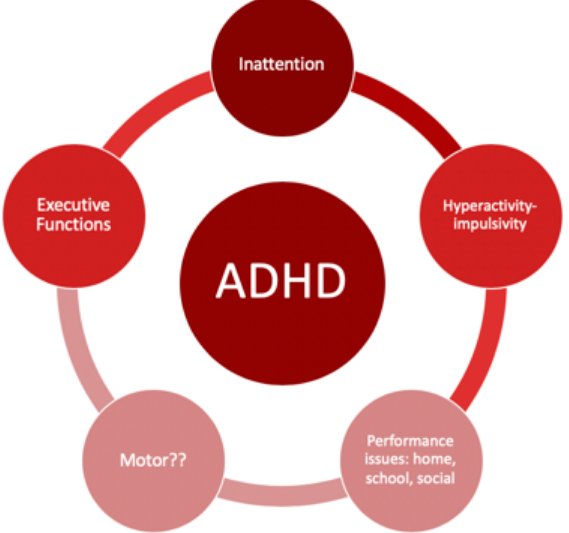Comprehensive Approaches to Treating Attention Deficit Hyperactivity Disorder (ADHD)
This comprehensive guide explores diverse treatment options, from therapy to medication, offering valuable insights into managing Attention Deficit Hyperactivity Disorder (ADHD).

One of the most effective forms of treatment for attention deficit hyperactivity disorder is counseling. Children suffering from this disorder are often labeled as difficult children, rude, and impolite. These children often have difficulty following instructions; this is not because they want to create problems or mischief. This is solely because they are unable to pay attention and remember what is being told to them. Another reason is that they are hyperactive and they have to be on the move constantly. They are restless and fidgety as a result of this disorder. They tend to move around constantly touching things of other people and playing with anything and everything around them. This is due to their impulsive tendency, which is another marked symptom of attention deficit hyperactivity disorder.
If they’re hyperactive; they are often told they’re bad and punished for being disruptive. Lazy people are those who are too scattered and unfocused to finish tasks. As a result of their neurobehavioral disorder, they often face problems in forming friendships and maintaining friendships. They have difficulty in participating in school activities. As a result, they tend to be isolated. Constant punishments may make them feel frustrated. Many children affected by this disorder often suffer from low self-esteem. Facing the daily frustrations that can come with having a developmental disorder can make people fear that they are strange, abnormal, or stupid.
Children affected by this disorder often suffer from feelings of isolation, anxiety, and depression. Special assistance may be required for parents and their kids to learn how to manage the behavioral patterns. In these situations, mental health specialists can provide guidance to the child and family, assisting them in acquiring new abilities, dispositions, and interpersonal communication styles.
Counseling helps these individuals and the families of people affected by ADHD to understand that this is a developmental disorder. It helps the ADHD individuals to control their hyperactive and impulsive tendencies. In individual counseling, the psychologist helps children or adults with ADHD learn to feel better about themselves. They learn to recognize that having a disability does not reflect who they are as a person. The therapist can also help people with ADHD identify and build on their strengths, learn social and communication skills, and control their attention and aggression. The therapist can also resort to the use of cognitive behavior therapy to teach them coping skills. People discover in group counseling that others want to help and that they are not alone in their frustration.
Another important treatment in coping with ADHD is exercise. Exercise is an instant mood buster. Physical activity immediately boosts the brain’s dopamine, norepinephrine, and serotonin levels—all of which affect focus and attention. Regular exercise helps to control the aggressive and hyperactive behavior to some extent. It is also useful in fighting the feelings of anxiety and depression.
There is no specific cure for ADHD. However individuals affected by ADHD can learn coping skills and their quality of life can be improved considerably
What's Your Reaction?





















